
Our Team.

Professor Janis Baird
Professor of Public Health & Epidemiology
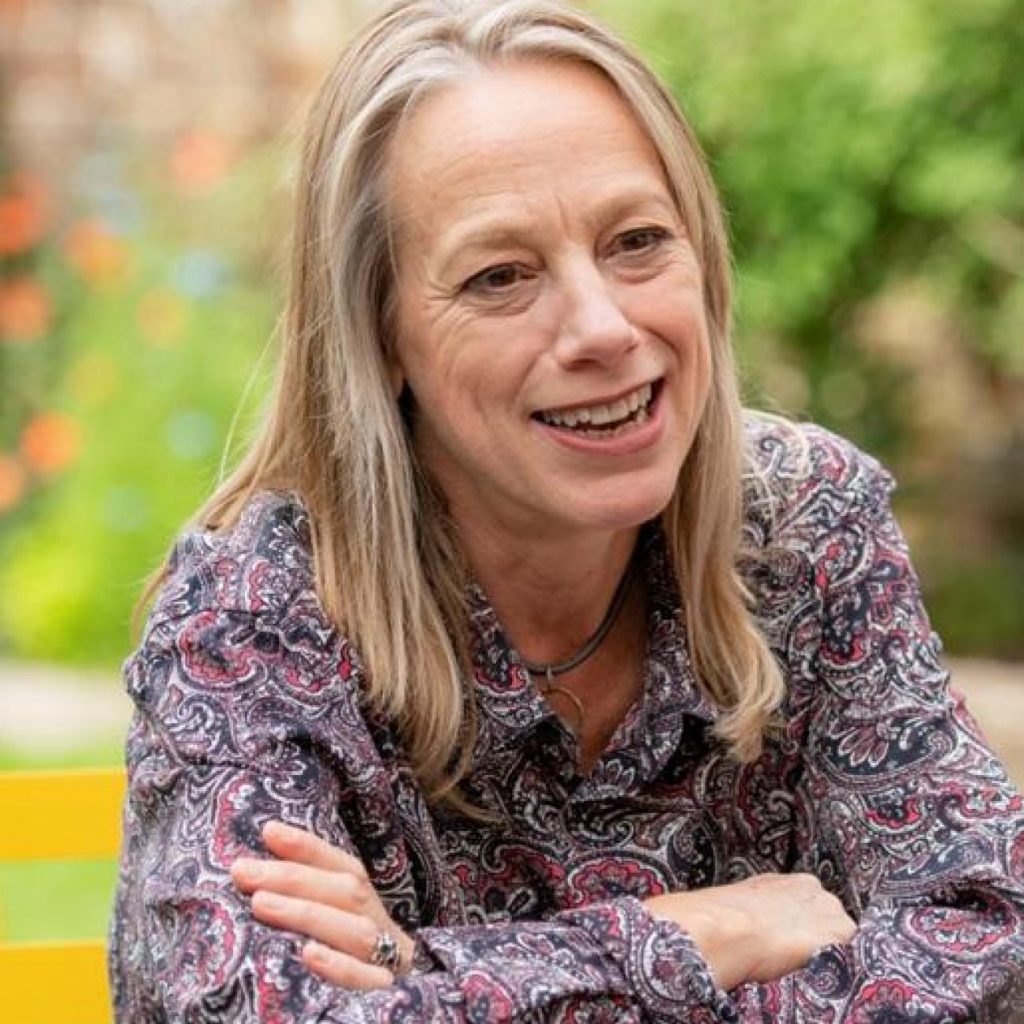
Professor Mary Barker
Professor of Public Health & Epidemiology

Dr Sheila Barton
Associate Professor

Dr Gregorio Bevilacqua
Research Fellow

Emeritus Professor David Coggon
Professor of Occupational & Environmental Medicine

Professor Cyrus Cooper
Prof Rheumatology Clinical Epidemiology
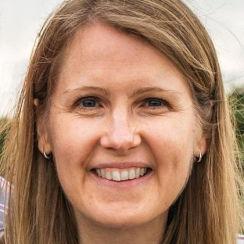
Dr Sarah Crozier
Associate Professor
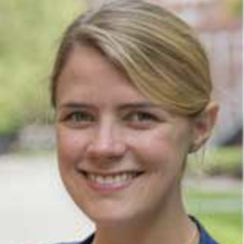
Dr Beth Curtis
Associate Professor
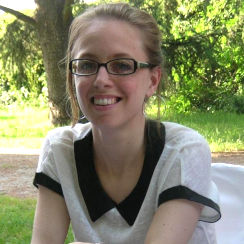
Ms Stefania D’Angelo
Medical Statistician
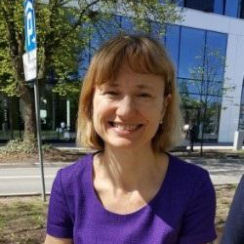
Professor Elaine Dennison
Personal Chair
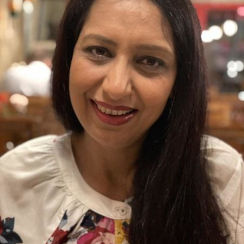
Mrs Preeti Dhuria
Senior Research Assistant
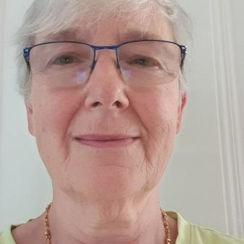
Emeritus Professor Caroline Fall
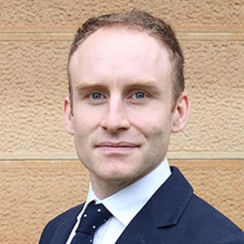
Dr Nicholas Fuggle
Associate Professor in Rheumatology
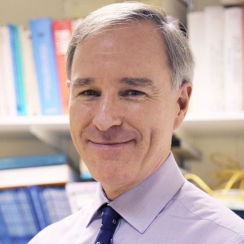
Professor Keith Godfrey
Associate Dean Enterprise

Professor Nicholas Harvey
Director
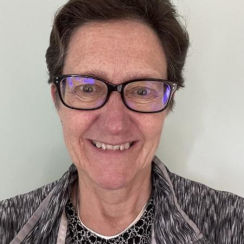
Emeritus Professor Hazel Inskip

Miss Sarah Jenner
Senior Research Assistant

Dr Sarah Kehoe
Lecturer
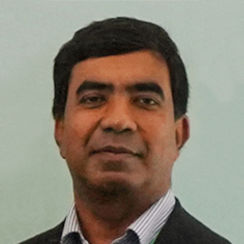
Professor Kalyanaraman Kumaran
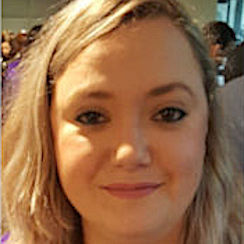
Ms Faidra Laskou
NIHR Clinical Lecturer in Rheumatology

Dr Wendy Lawrence
Associate Professor
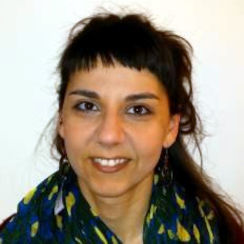
Dr Georgia Ntani
Senior Research Fellow
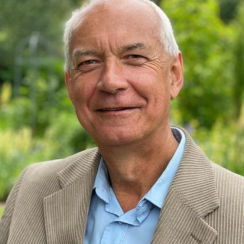
Emeritus Professor Clive Osmond

Dr Millie Pearse
Senior Research Fellow

Emeritus Professor David Phillips
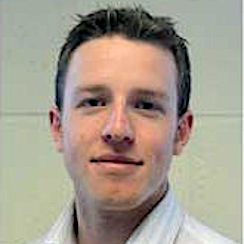
Dr Philip Titcombe
Statistician/Statistical Geneticist
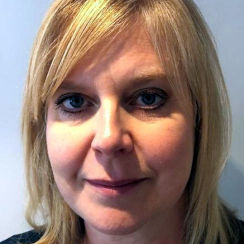
Professor Kate Ward
Professor in Global M/skeletal Health

Dr Leo Westbury
Lecturer
